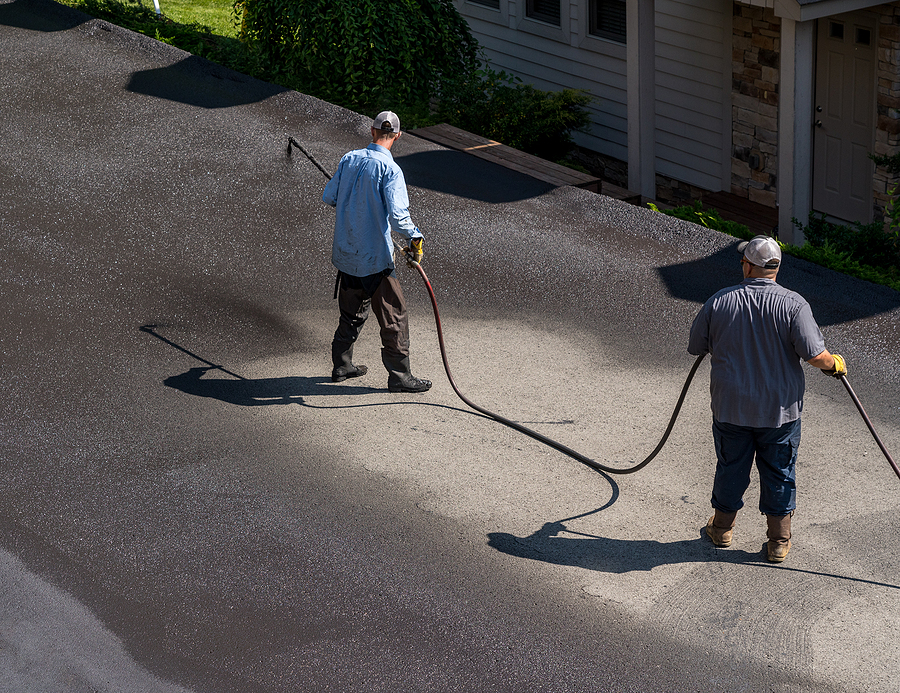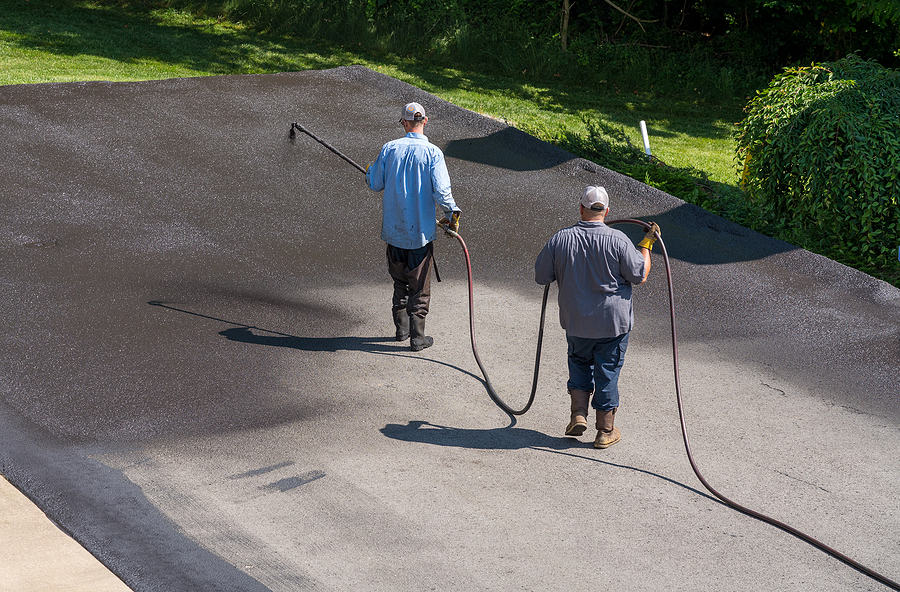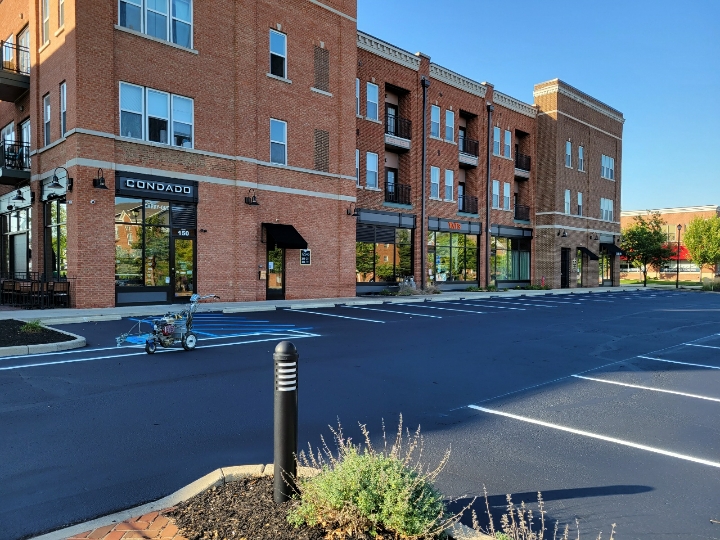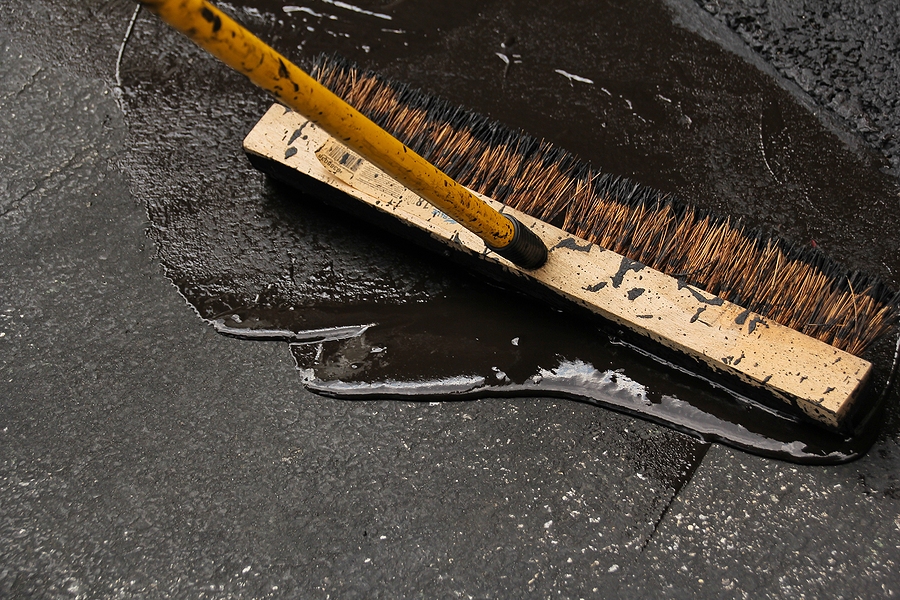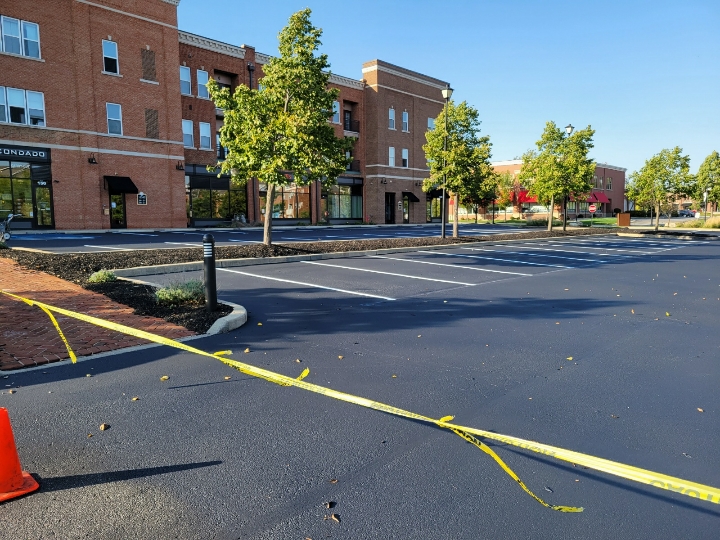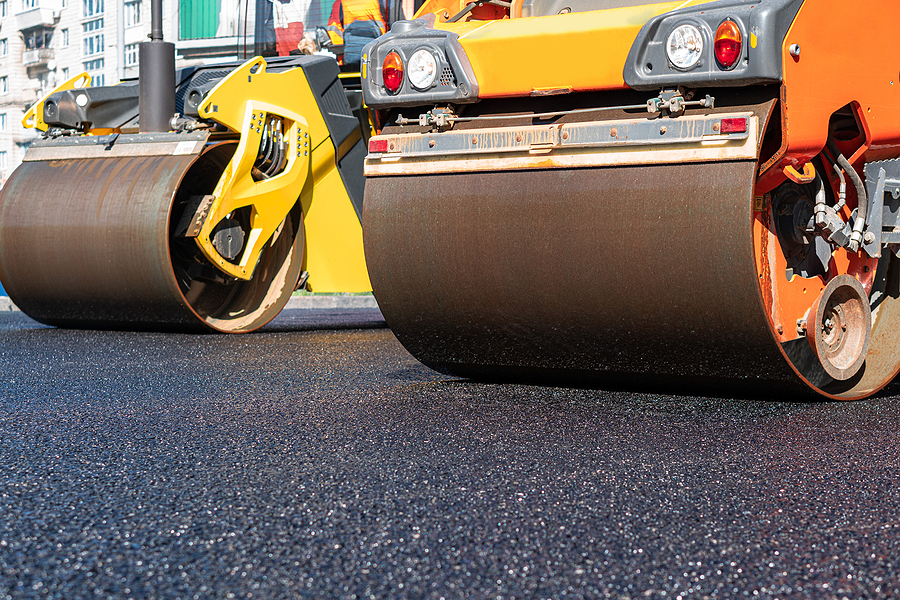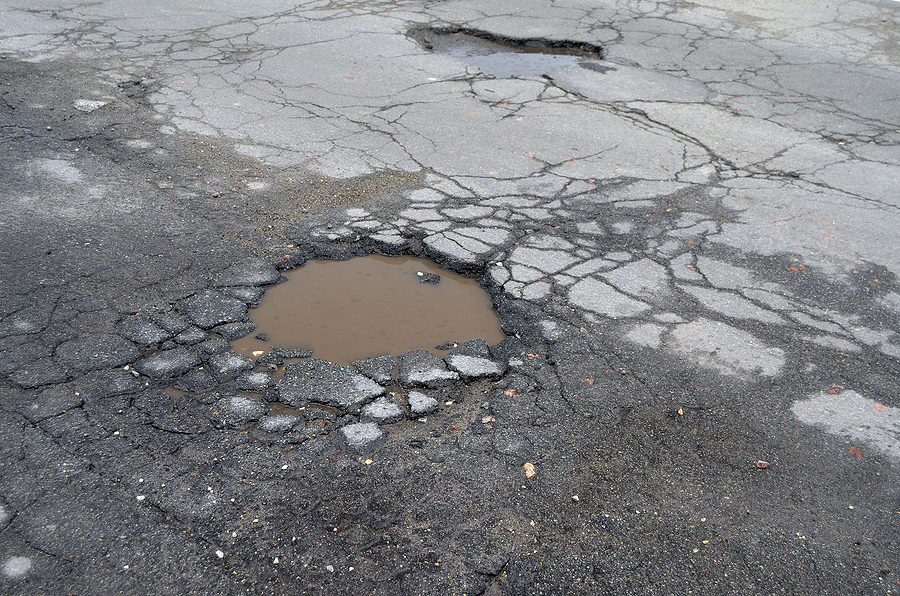Owning a home or managing a property is no small feat. Among the many responsibilities, understanding the lifespan of your asphalt surfaces is crucial. Whether it’s a driveway, parking lot, or athletic court, knowing how long your asphalt will last can save you time, money, and headaches. This guide will walk you through everything you need to know about the average lifespan of asphalt, and how to make the most out of this essential material.

Why Knowing Asphalt Lifespan Matters
Understanding the lifespan of asphalt pavement is vital for several reasons. First, it helps you plan for future expenses. Asphalt paving isn’t cheap, and knowing when it might need replacement can help you budget accordingly. Second, it ensures safety. Cracked or damaged asphalt can be a hazard for both vehicles and pedestrians. Finally, it helps in maintaining the aesthetic appeal of your paved property, whether residential or commercial.
Factors That Influence the Average Longevity of Asphalt
Climate Effects on Asphalt
Climate plays a significant role in the longevity of asphalt. In colder climates, the freeze-thaw cycles can cause cracks and potholes, while in hotter climates, the sun can cause the asphalt to become brittle. Both scenarios can reduce the lifespan of your asphalt surfaces.
Usage and Traffic Load
The amount of traffic and the weight of the vehicles using the asphalt surface can significantly impact its lifespan. Residential driveways usually last longer than commercial parking lots or public roads due to less frequent and lighter traffic.
Maintenance Practices
How well you maintain your asphalt pavements can make a big difference in its longevity. Regular inspections, prompt repairs, and proper cleaning can extend the life of your asphalt surfaces significantly. Neglecting these maintenance practices can lead to early deterioration.
Average Lifespan in Different Settings
Different settings have different requirements and conditions that affect the life cycle of asphalt. Let’s break it down:
Residential Driveways
Residential asphalt driveways generally have a longer lifespan compared to other asphalt surfaces. On average, a well-maintained driveway can last between 15 to 20 years. However, factors like climate and usage can either shorten or extend this lifespan.
Commercial Parking Lots
Commercial parking lots endure heavy traffic and often have to support large vehicles. Because of this, their average lifespan tends to be shorter, typically ranging from 10 to 15 years. Regular parking lot maintenance can help in extending this lifespan.
Athletic Courts
Athletic courts that are paved with asphalt, such as tennis courts or basketball courts, experience less vehicular traffic but are subject to wear and tear from sports-related activities. These surfaces can last anywhere from 10 to 20 years, depending on the quality of installation and maintenance practices.
Public Roads
Public roads are exposed to the harshest conditions, including heavy traffic, climatic variations, and sometimes subpar maintenance. The average lifespan of public roads ranges from 7 to 10 years, but this can vary widely based on geographic location and traffic volume.
Best Practices for Maintaining Asphalt
Proper maintenance can significantly extend the lifespan of your asphalt surfaces. Here are some best practices:
Regular Inspections
Conducting regular asphalt inspections can help you identify small issues before they become big problems. Look for cracks, potholes, and any signs of water pooling. Early detection can save you a lot of money in the long run.
Timely Repairs
Don’t delay repairs. Small cracks can quickly turn into large potholes if left untreated. Use quality asphalt repair products and consider hiring professional asphalt services for significant repairs to ensure the job is done correctly.
Cleaning and Sealing
Regular cleaning removes debris and prevents the buildup of harmful substances like oil and gasoline, which can deteriorate the asphalt. Sealing your asphalt every few years can also add an extra layer of protection against the elements.
The Environmental Impact of Asphalt
While asphalt is a durable and cost-effective material, it does have environmental drawbacks. The production and installation of asphalt contribute to greenhouse gas emissions. However, there are sustainable alternatives and practices that can mitigate these impacts.
Sustainable Pavement Options
Recycled Asphalt Pavement (RAP) is an Eco-friendly option that uses recycled materials to create new asphalt. This not only reduces waste but also lowers the overall carbon footprint of your project. Permeable asphalt is another sustainable option that allows water to pass through, reducing runoff and replenishing groundwater.
Eco-Friendly Practices
Opt for environmentally friendly practices such as using low-emission equipment and choosing suppliers that prioritize sustainability. These small steps can make a big difference in reducing the environmental impact of your asphalt surfaces.
Conclusion
Understanding the average lifespan of asphalt and the factors that influence it can help you make informed decisions about your property. From residential driveways to commercial parking lots, proper maintenance and timely repairs are key to maximizing the lifespan of your asphalt surfaces.
Consider sustainable options to reduce your environmental impact and consult professionals for the best results. By applying these insights, you’ll ensure that your asphalt surfaces remain safe, functional, and aesthetically pleasing for years to come.
If you’re ready to take the next step in asphalt maintenance, consider reaching out to our team of experts. Contact ACI Asphalt and Concrete at 317-549-1833 for licensed, bonded, and insured commercial asphalt repair and service in Indianapolis, Indiana. We can provide personalized advice and services tailored to your specific commercial paving needs. Get in touch today and ensure your property is in the best possible shape.
Related Posts:
Key Considerations When Opting for Commercial Asphalt Paving
Commercial Asphalt Paving: Your Questions Answered
How to Improve the Appearance of Your Asphalt Pavements

